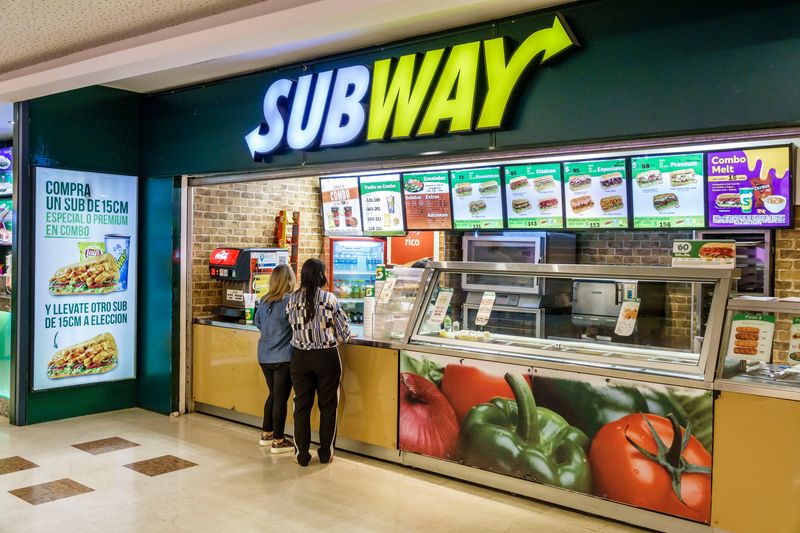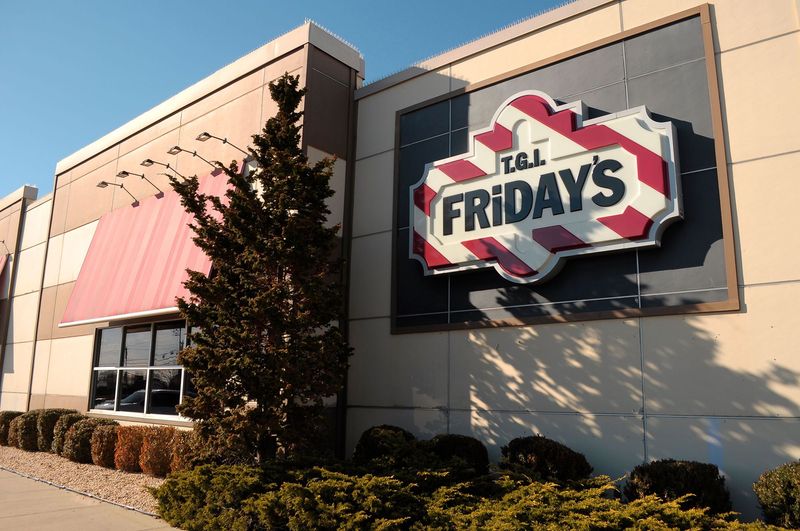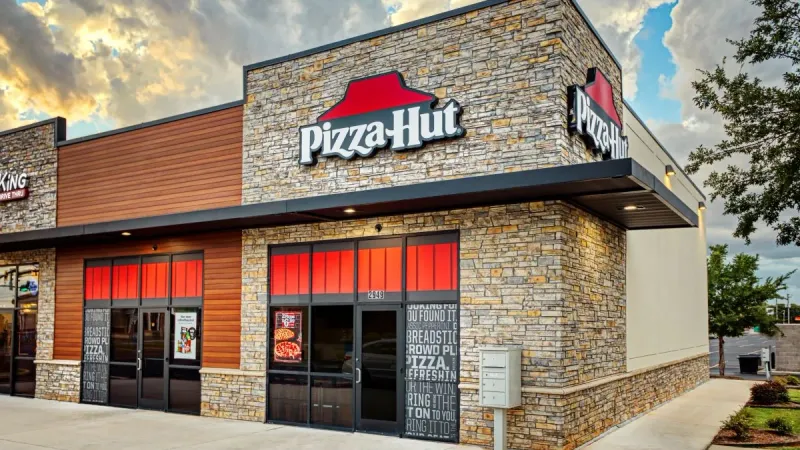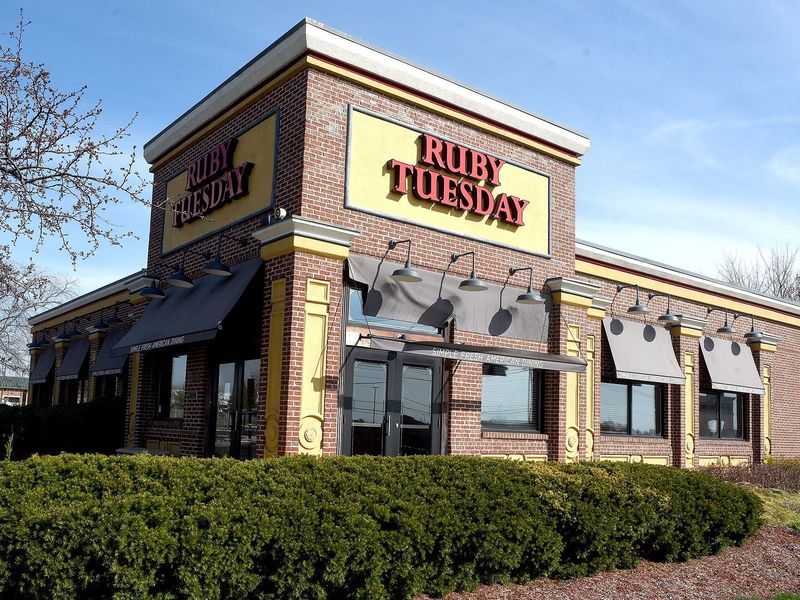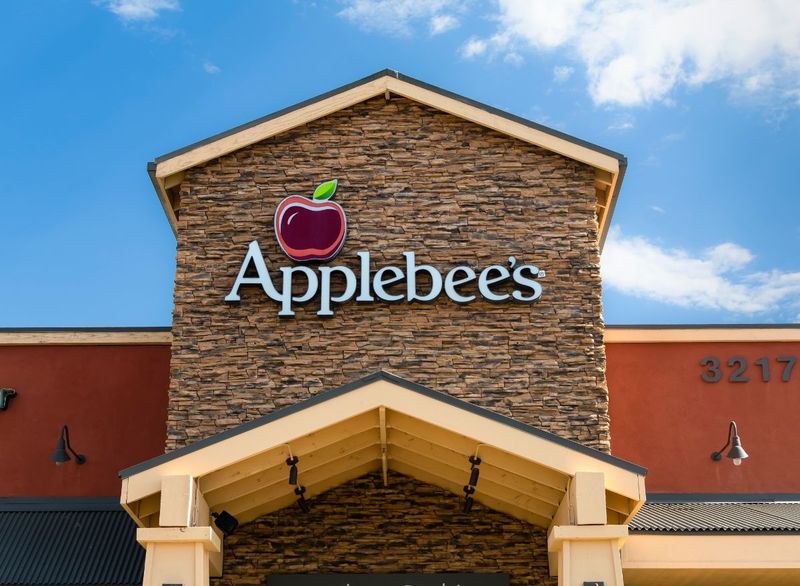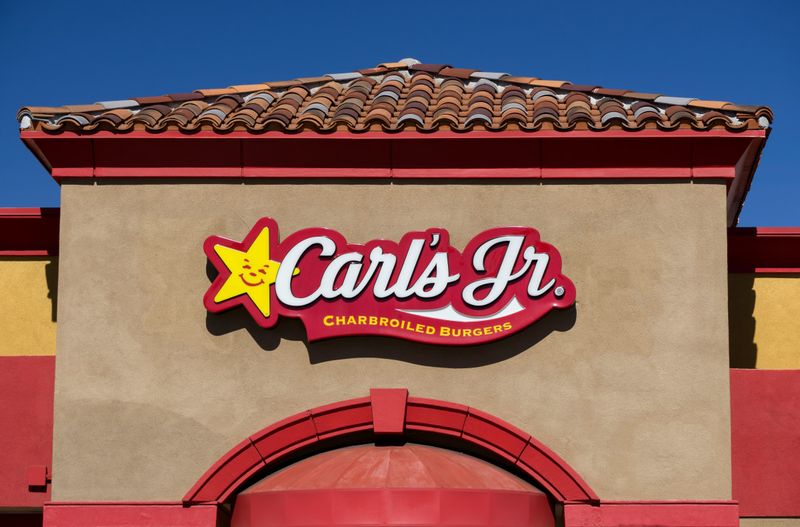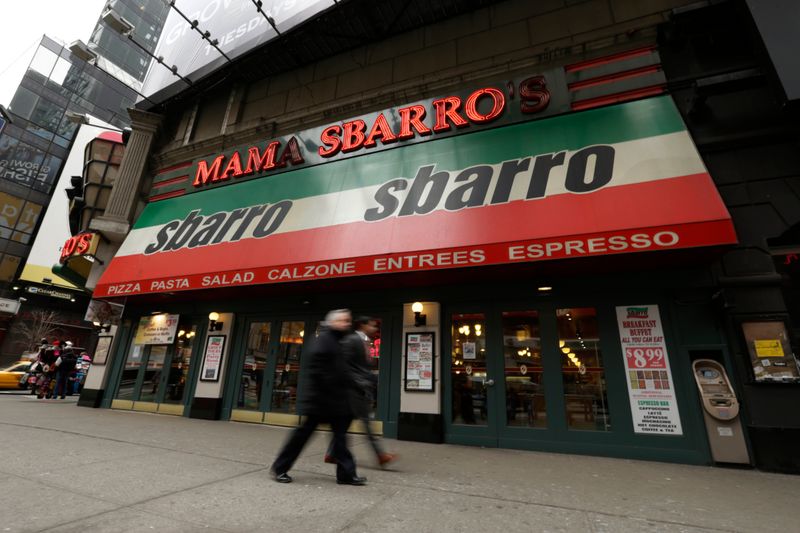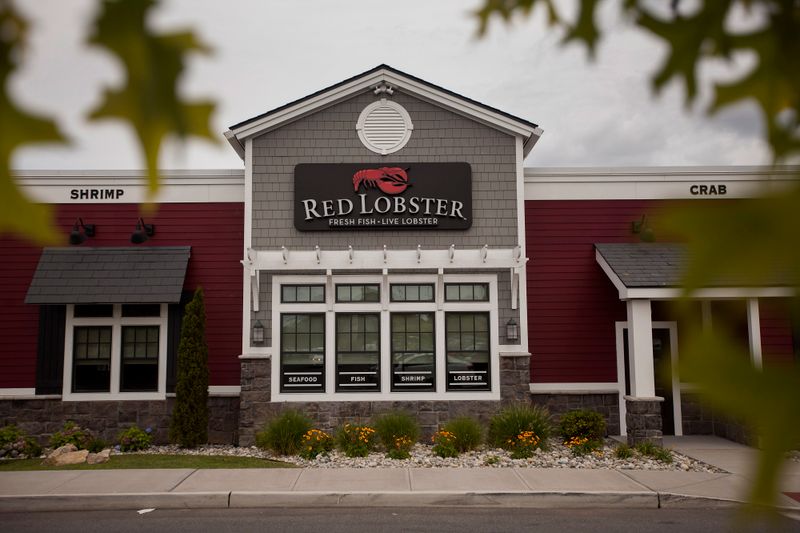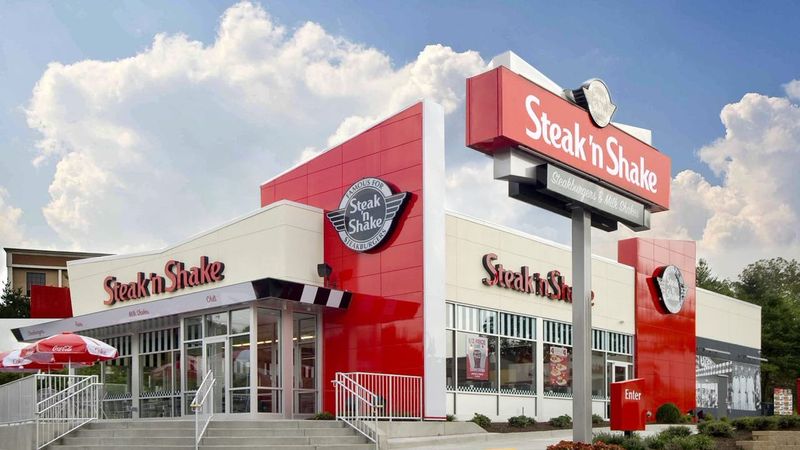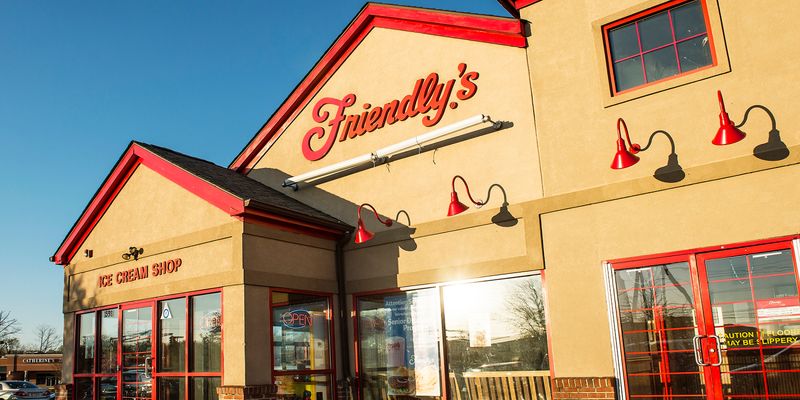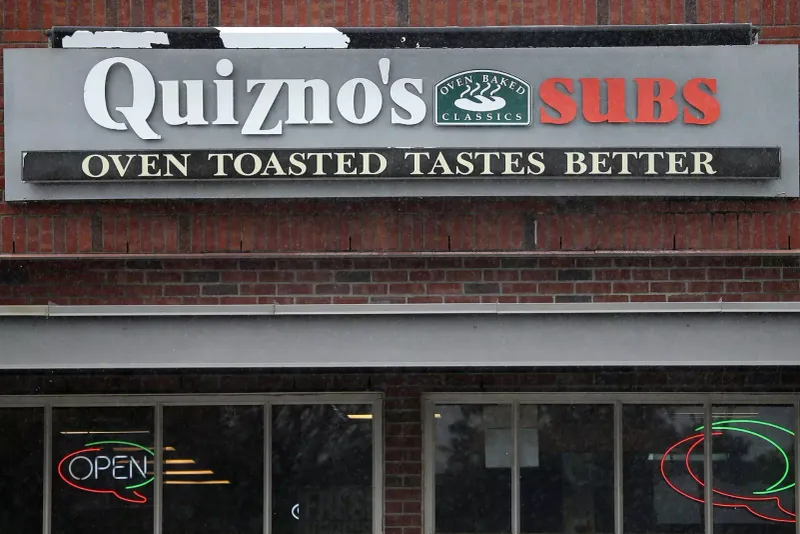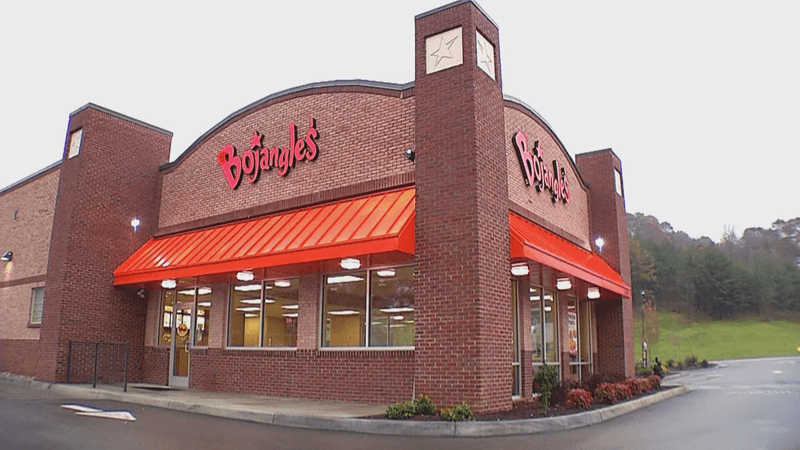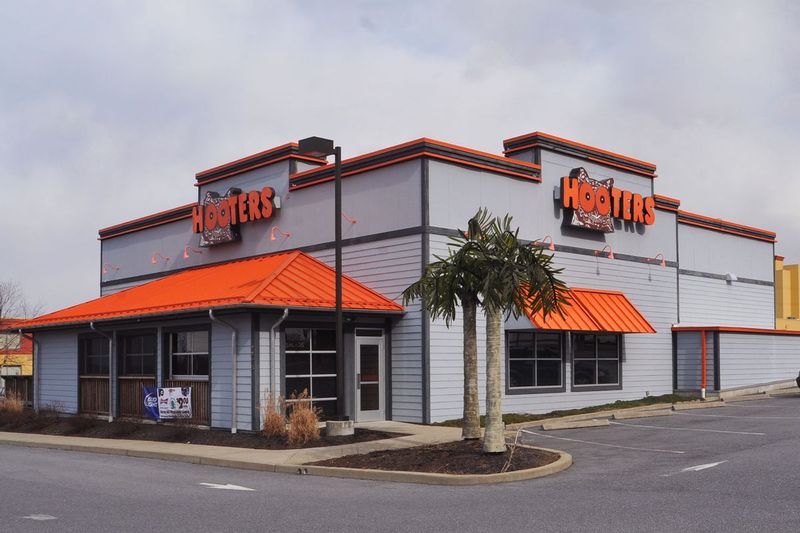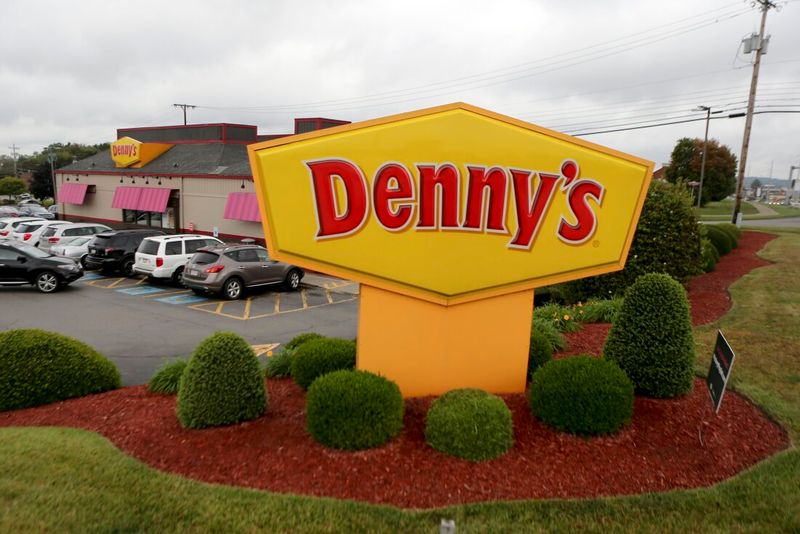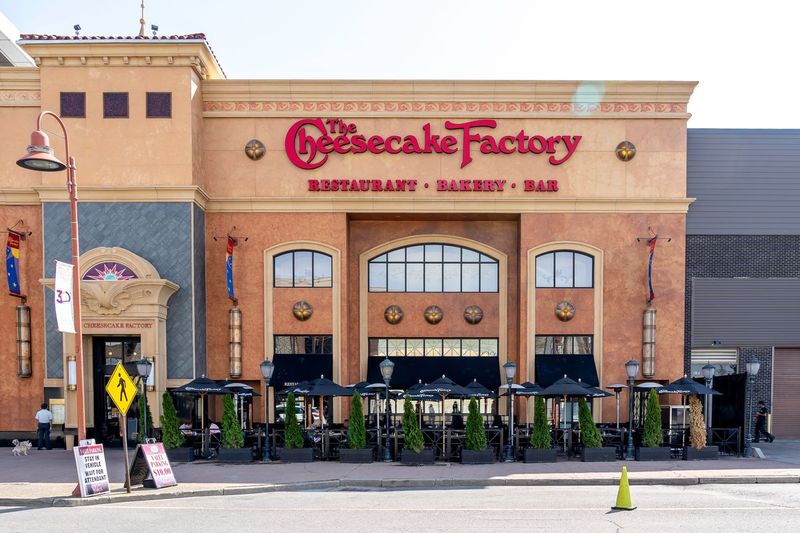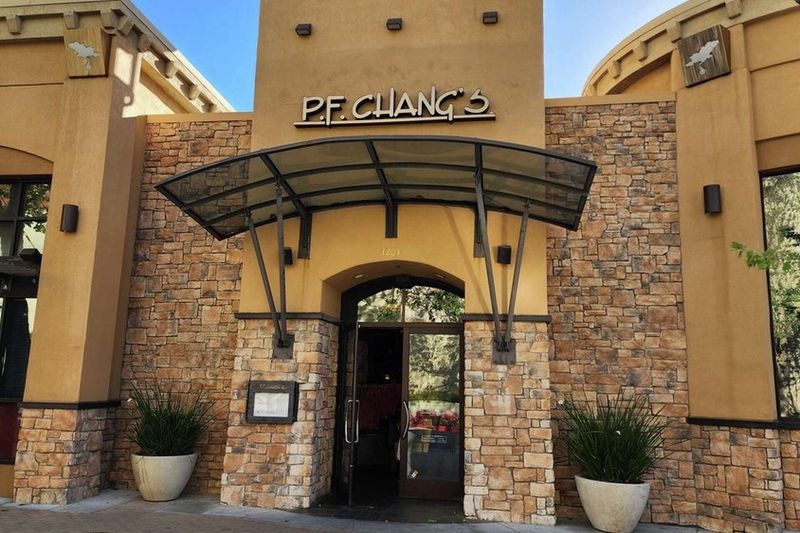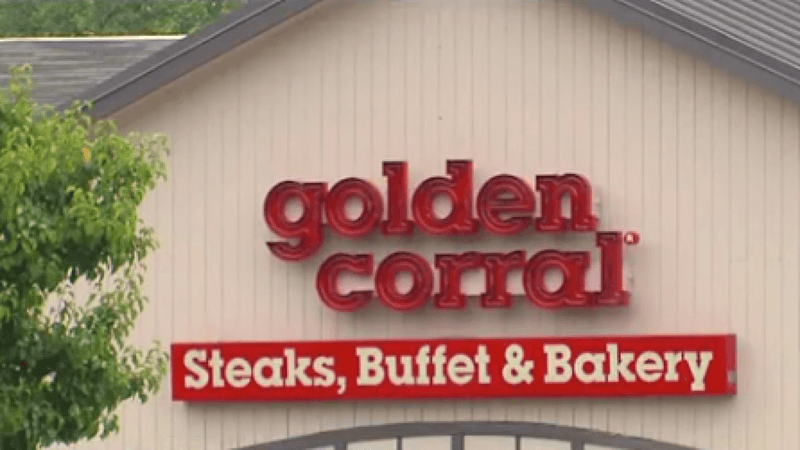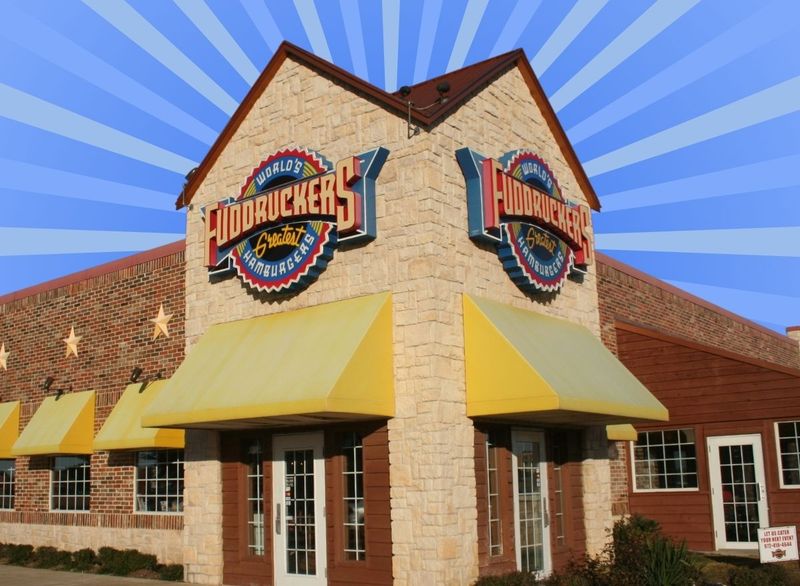As we step into 2025, the restaurant industry is witnessing significant changes with several iconic chain restaurants shutting down.
The economic landscape, evolving customer preferences, and increased competition have led to this unfortunate trend.
In this blog post, we delve into 19 well-known chain restaurants that are closing their doors this year, exploring their legacies, challenges they faced, and what it means for the dining industry moving forward.
1. Subway
Subway, once known for its fresh and customizable sandwiches, is closing its doors in 2025. The chain struggled to keep up with the fierce competition from other fast-casual dining options and changing consumer preferences.
Despite efforts to revamp its menu and store design, Subway couldn’t regain its former glory. Many loyal customers reminisce about their favorite subs and value meals.
The closure highlights the changing dynamics in the food industry, where health trends and convenience dictate customer choices. It’s a sad farewell to a brand that was once synonymous with affordable, quick, and fresh meals.
2. Friday’s
TGI Friday’s, known for its lively atmosphere and American classics, is saying goodbye. Once a favorite for celebratory dinners and Friday night outings, the chain has experienced declining foot traffic.
As customer tastes leaned towards more diverse and health-conscious options, Friday’s struggled to reinvent its menu. Despite its efforts, it couldn’t keep pace with the evolving preferences.
The closure reflects a broader trend where traditional dining is being overshadowed by innovative cuisine. It’s a poignant end for a chain that brought joy, laughter, and countless happy hours to many.
3. Pizza Hut
Pizza Hut, the beloved pizza chain known for its iconic pan pizzas, faces closure in 2025. Despite a rich history and a strong brand, Pizza Hut struggled with the shift towards delivery and digital ordering.
The rise of third-party delivery services also affected its traditional dine-in model. Efforts to innovate with new menu items couldn’t offset the decline in dine-in customers.
This closure underscores the challenges faced by legacy brands in adapting to new consumer behaviors. It’s a nostalgic farewell to a restaurant that shaped many childhood memories and family gatherings.
4. Ruby Tuesday
Ruby Tuesday, known for its garden bar and casual dining experience, is closing all its locations. The chain faced stiff competition from newer brands, leading to its eventual decline.
Despite attempts to modernize, Ruby Tuesday couldn’t attract the millennial crowd who prefer trendy eateries. Its closure marks the end of an era for fans of its classic American dishes.
This shutdown is part of a broader trend in the industry where older chains struggle to stay relevant. It’s a somber goodbye to a place known for its salads and welcoming atmosphere.
5. Applebee’s
Applebee’s, once a staple of neighborhood dining, is closing its doors. Known for its casual dining and American fare, the chain couldn’t withstand the competitive pressure of modern dining trends.
Applebee’s tried to adapt by refining its menu and ambiance, but the efforts fell short. Customers increasingly preferred locally sourced, healthier options.
The closure represents a shift in dining preferences where people seek quality over tradition. It’s a heartfelt farewell to a restaurant that served as a community hub for many, offering comfort food and a friendly environment.
6. Carl’s Jr.
Carl’s Jr., famous for its charbroiled burgers, is facing closure this year. The brand, a favorite among fast-food lovers, struggled to compete with healthier and more diverse food options.
Despite introducing new items and marketing campaigns, Carl’s Jr. couldn’t sustain its popularity. The rise of plant-based diets and artisanal burgers hit its bottom line hard.
This closure signals a shift in consumer demands towards more sustainable and health-conscious eating. It’s a bittersweet goodbye to a brand that was synonymous with indulgent, flavorful fast food for many.
7. Sbarro
Sbarro, known for its quick-service pizza offerings in malls, is closing all its outlets. The chain has faced challenges with the decline of shopping mall foot traffic and changing dining habits.
Even with attempts to rebrand and innovate, Sbarro couldn’t overcome the impact of online shopping on mall visits. Its pizza, once a convenient option for shoppers, lost its appeal.
The closure is indicative of the broader retail and dining shifts occurring. It’s a nostalgic end to a brand that provided shoppers a quick and satisfying meal during their retail adventures.
8. Red Lobster
Red Lobster, cherished for its seafood offerings and Cheddar Bay Biscuits, is closing its doors. The chain struggled to compete with upscale seafood restaurants and changing consumer tastes.
Despite efforts to modernize its menu and dining experience, the brand couldn’t shake off its dated image. The rise of specialty seafood eateries further eroded its customer base.
The closure marks the end of an era for seafood lovers who cherished its affordable and delicious offerings. It’s a sad farewell to a place known for bringing the joy of seafood to the masses.
9. Steak ‘n Shake
Steak ‘n Shake, known for its steakburgers and milkshakes, is closing its operation. The chain faced numerous financial challenges and couldn’t keep up with changing fast-food trends.
Its traditional diner-style setup struggled against the modern fast-casual competitors. Even with efforts to revamp its menu, it couldn’t attract the younger, trend-driven crowd.
This closure highlights the difficulties faced by legacy brands in keeping pace with industry innovations. It’s a nostalgic goodbye to a chain that was once a favorite for late-night cravings and family outings.
10. Friendly’s
Friendly’s, known for its ice cream and family-friendly dining, is shutting down. The brand, a nostalgic favorite, struggled with modern competition and changing consumer habits.
Despite efforts to update its menu and look, Friendly’s couldn’t capture the interest of a newer generation. Its classic appeal waned in the face of contemporary dining trends.
The closure is a reflection of a shift towards more innovative and health-conscious dining options. It’s a heartfelt farewell to a place that provided sweet memories and comfort food to many families.
11. Quiznos
Quiznos, once a leader in toasted submarine sandwiches, is closing its locations. The chain struggled to compete with larger sandwich brands and the rise of health-focused eateries.
Despite innovations and menu revamps, Quiznos couldn’t regain its market share. Its unique offerings lost traction in the fast-evolving food landscape.
The closure highlights the challenges faced by smaller brands against industry giants. It’s a poignant goodbye to a chain that introduced many to the concept of toasted subs and gourmet sandwich options.
12. Bojangles
Bojangles, known for its Southern-style fried chicken and biscuits, is closing its doors. The chain struggled with market saturation and fierce competition from other chicken brands.
Despite attempts to expand its menu and market footprint, Bojangles couldn’t sustain its growth. The preference for healthier options further impacted its sales.
The closure reflects the shifting tastes towards more health-conscious and diverse dining choices. It’s a bittersweet farewell to a brand cherished for its unique Southern flavors and hearty meals.
13. Hooters
Hooters, known for its wings and sports bar atmosphere, is shutting down. The chain faced challenges due to changing social norms and dining preferences.
Efforts to rebrand and diversify its offerings didn’t lead to sustainable growth. The rise of inclusive and diverse dining experiences overshadowed its traditional model.
The closure signifies a shift in consumer expectations towards more progressive and inclusive environments. It’s a farewell to a brand that was both iconic and controversial in the dining landscape.
14. Denny’s
Denny’s, the beloved diner known for its breakfasts, is closing its locations. Despite a strong legacy, the brand couldn’t keep up with modern dining trends and competition.
Attempts to innovate and refresh its menu didn’t resonate with the evolving customer base. The preference for unique and artisanal breakfast options overshadowed its traditional fare.
The closure marks a significant shift in the dining industry where classic diners struggle to stay relevant. It’s a sad goodbye to a chain that was synonymous with hearty breakfasts and comfort food.
15. The Cheesecake Factory
The Cheesecake Factory, famous for its vast menu and cheesecake variety, is closing. The brand, known for its lavish dining experience, struggled with high operational costs and competition.
Efforts to streamline operations and reduce menu complexity didn’t suffice. Modern diners preferred more specialized and niche establishments.
The closure reflects a trend towards more focused dining experiences. It’s a heartfelt farewell to a restaurant that was a go-to for celebratory meals and indulgent desserts.
16. P.F. Chang’s
P.F. Chang’s, known for its Asian-inspired cuisine, is closing its locations. The chain couldn’t compete with more authentic and innovative Asian dining concepts.
Despite menu updates and marketing efforts, it couldn’t capture the diverse palates of modern diners. The rise of local and artisanal Asian eateries further eroded its market share.
This closure signifies a shift towards more authentic and unique dining experiences. It’s a nostalgic goodbye to a brand that introduced many to Asian fusion cuisine.
17. J.C. Penney’s Restaurant
J.C. Penney’s Restaurant, a lesser-known dining option within the retail giant, is closing. The concept struggled with declining department store traffic and changing dining habits.
Despite attempts to refresh its menu and attract shoppers, it couldn’t sustain interest. The rise of online shopping further diminished foot traffic to its locations.
The closure reflects broader retail trends and the challenges faced by in-store dining. It’s a final farewell to a concept that aimed to combine shopping with relaxed dining.
18. Golden Corral
Golden Corral, known for its buffet-style dining, is shutting down. The chain faced challenges with changing dining habits and increased health awareness.
Attempts to modernize its offerings and enhance hygiene didn’t resonate enough with diners. The preference for more curated and health-focused meals overshadowed the buffet model.
The closure highlights a shift away from self-serve dining towards more personalized experiences. It’s a goodbye to a brand that provided endless choices and family dining memories.
19. Fuddruckers
Fuddruckers, famed for its juicy burgers and build-your-own-topping stations, will close its restaurants nationwide. Known for customizing dining experiences, Fuddruckers struggled with rising costs and competition from gourmet burger joints.
The chain’s decline highlights the shifting preferences towards more artisanal and unique dining experiences.
Fuddruckers’ closure will be felt by patrons who cherished the ability to personalize their meals. While this chapter closes, it paves the way for new, innovative concepts to fill the gap in the customizable dining market, offering fresh and unique culinary adventures.
